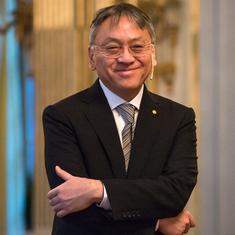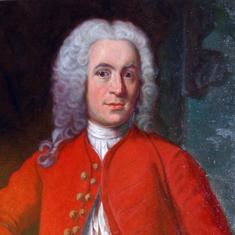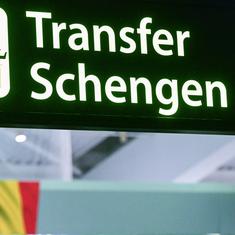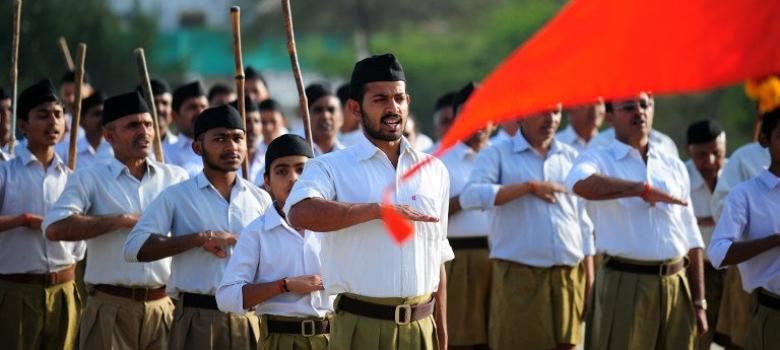The big question being asked is whether Dattatreya Hosabale, a senior RSS office-bearer considered close to Prime Minister Narendra Modi, would be made the organisation’s executive head. No less important is the question whether the incumbent executive head, Suresh Rao Joshi, who is considered the Sangh’s “man of action”, would be brought one step down the ladder in the hierarchy, only to be given the crucial responsibility of establishing a better grip over the BJP and the Central government.
Until a few weeks ago, incidentally, the first question had seemed settled and the second had not even existed. Hosabale had appeared almost set to become the Sangh’s Sarkaryavah (general secretary), replacing Joshi, who was to move on to some low-profile assignment.
But the fact that Joshi’s name has cropped up for the crucial job of Sah Sarkaryavah on the eve of the Sangh’s Akhil Bharatiya Pratinidhi Sabha in Nagpur on March 13-15 indicates a renewed attempt by a section of the RSS to prevent Modi from having major leeway in the Sangh’s decision-making.
Parallel rise
Technically, the Sarkaryavah is second in the hierarchy of the RSS, which is headed by the Sarsanghchalak. But since the RSS constitution refers to Sarsanghchalak – a post held by Mohan Bhagawat at present – as “guide and philosopher”, it is the Sarkaryavah who, in his capacity as the executive head, controls the organisation’s actual functioning.
Apart from appointing the central office-bearers, the Sarkaryavah also presides over the meetings of the Akhil Bharatiya Pratinidhi Sabha as well as the Kendriya Karyakari Mandal (or the central executive committee of the RSS). He is assisted by four Sah Sarkaryavahs or joint general secretaries.
Hosabale is currently one of the joint general secretaries of the RSS. A Kannadiga, he is a postgraduate in English literature and was a protégé of the late HV Seshadri, a former Sarkaryavah. He has quietly gained in strength in the organisation in the last 1.5 years, the same period Modi’s graph has risen in the BJP. Though some in the RSS argue that his elevation to Sarkaryavah would mark “a mere generational change”, others feel that it has to do greatly with the support he enjoys from Modi.
Saving the Sangh
Till recently, Joshi, the present Sarkaryavah, appeared to be on his way out without fuss, letting Modi’s man take control of the organisation. But Sangh’s revival of interest in him indicates that a last-minute fight has begun to block Modi from having the last word.
In case Joshi, who is considered an organisation man, is put on the job of handling the government and the BJP as a Sah Sarkaryavah, Modi would find his hands tied even if Hosabale becomes the Sarkaryavah.
“If we don’t act firmly now and adapt to the new political reality, the Sangh would become meaningless very soon,” said a senior office-bearer of the RSS.
Since the Bharatiya Janata Party’s sweeping victory in the Lok Sabha elections last year, the equations between the RSS and Modi have become quite complex. The overbearing presence of Modi and his constant attempts to get a free hand in running the government and, by proxy, the BJP, have necessitated changing the way the RSS has been functioning.
Many senior leaders of the RSS see the revival of the two questions before the Nagpur meet as the last opportunity for the Sangh to recapture the big brother position to ensure greater control over the party and its government. In that sense, the current debate is also an indicator that the RSS is rearing for less speechifying and more scrutiny in its relationship with Modi.










